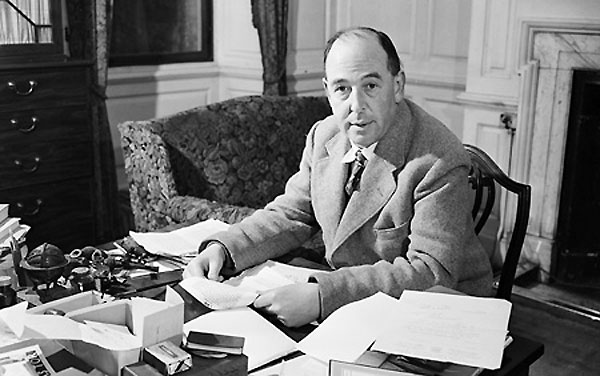Our labors have a greater purpose that cannot be measured in dollars and cents.
 There is something about the weekend that we look forward to throughout the work week. Then, as Monday comes, we again settle into our quotidian work schedule and routine. Yet no matter how relaxing the weekend, how long the vacation, or how successful a completed task, we are never truly satisfied with this cycle. The paycheck and minor progress we secure hardly satiate our inner longing for something more. We desire fulfillment.
There is something about the weekend that we look forward to throughout the work week. Then, as Monday comes, we again settle into our quotidian work schedule and routine. Yet no matter how relaxing the weekend, how long the vacation, or how successful a completed task, we are never truly satisfied with this cycle. The paycheck and minor progress we secure hardly satiate our inner longing for something more. We desire fulfillment.
As PhD student Andrew Spencer notes in his recent article for the Institute for Faith, Work & Economics, brilliant author C.S. Lewis was well aware of this insatiable longing, and articulated clearly what that longing meant:
Lewis writes, “Now, if we are made for heaven, the desire for our proper place will be already in us, but not yet attached to the true object, and will even appear as the rival of that object.”
We witness the misplaced pursuit of fulfillment in a million activities that fall short of being truly satisfying. As Lewis explains it, we sometimes work to squash our longing and content ourselves with “mud pies in a slum” instead of pursuing an infinitely superior “holiday by the sea.”
This trading down for what is already in our grasp reveals our willingness to sacrifice true satisfaction of the quiet longing that encourages us, in a whisper, to pursue something more.
While it may seem discouraging to find that we will always carry a desire that will be insatiable in this life, Lewis offer hope:
…our deep desire for a far off country can be fulfilled in this world when we see the objects of this world as the types of the glorious objects that have yet to be revealed.
[I]t is by seeing created objects for what they will become and relishing them for that future state – that potential – in which we have our longings satisfied.
The envisioning of objects in their redeemed state is a transition from mere self-denial to love, from making do to pursuing glory.
This begins with seeing people in light of what they will become.
“[R]emember that the dullest and most uninteresting person you can talk to may one day be a creation which, if you saw it now, you would be strongly tempted to worship, or else a horror and a corruption such as you now meet, if at all, only in a nightmare. All day long we are, in some degree, helping each other to one or the other of these destinations.”
Our desire for fulfillment comes from our natural longing to be with Christ. While that will never be truly fulfilled in our time on earth, we have a meaningful task to attend to everyday: bringing others to Christ.
Meaning in our work is found not in our paycheck or basic productivity, but in the degree of love we show to others through our actions and attitudes.
As we help others – coworkers and clients – to move toward their glorious potential, we can find satisfaction in accomplishing something of eternal significance.
This does not excuse us from being productive and earning an honest paycheck, but it does frame the purpose of our labors in terms grander than dollars and cents.
The next time you find yourself less than satisfied with your work, think to yourself: “Every person I encounter may well be the next person I bring closer to Christ.” With a calling like that, the daily grind and weekly routine suddenly take on a whole new meaning.


